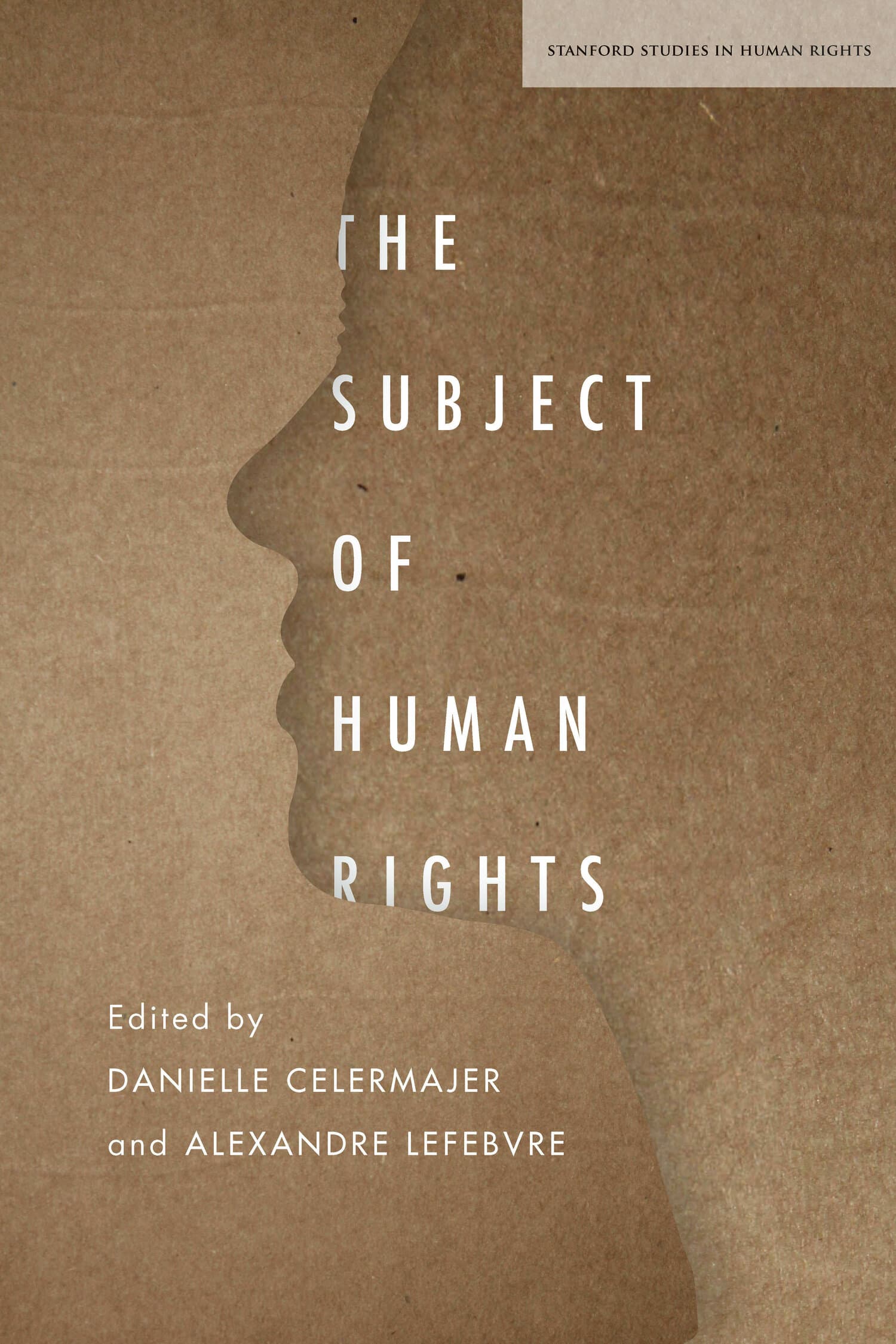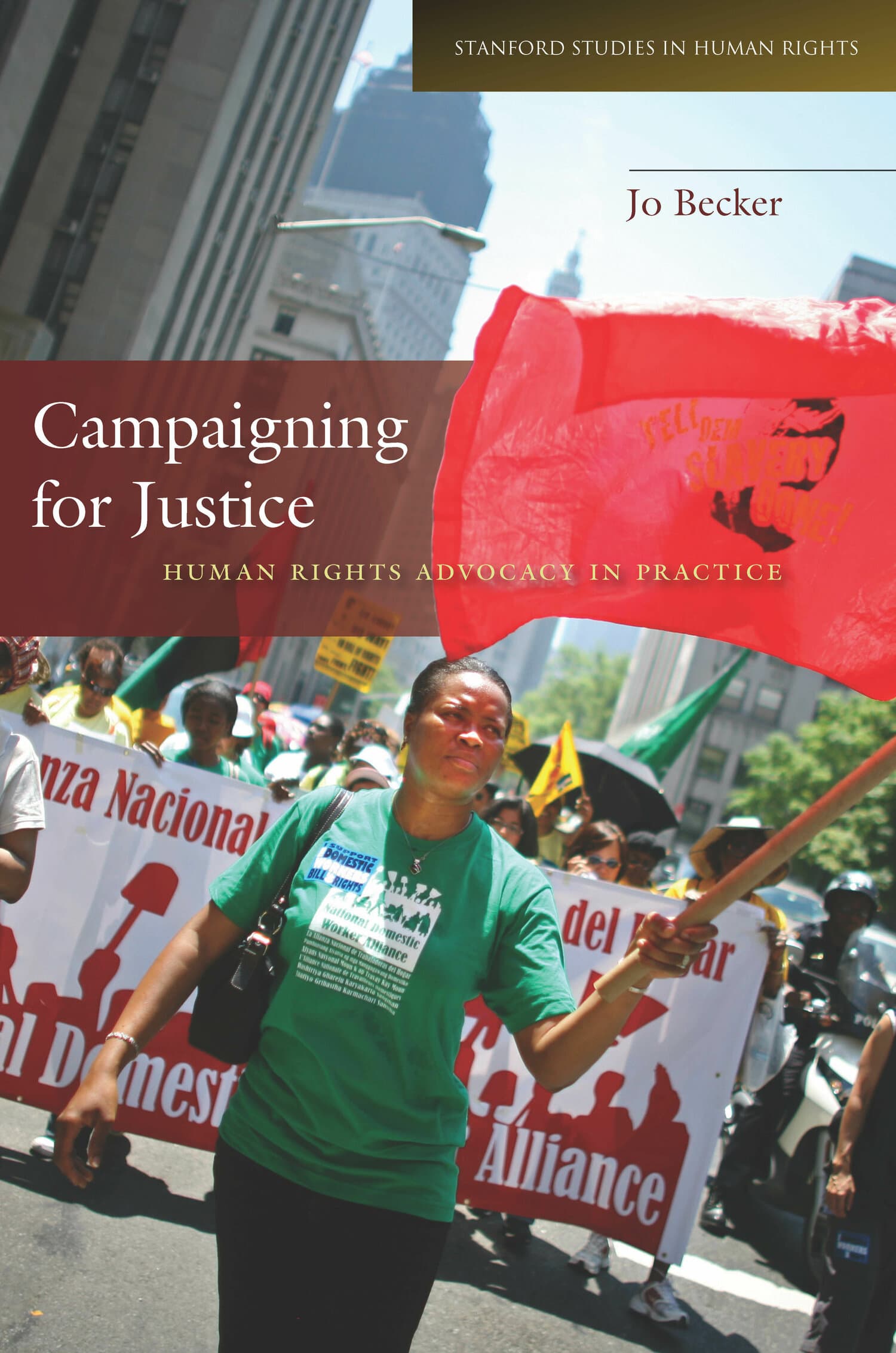Values in Translation

The World Bank is the largest lender to developing countries, making loans worth over $20 billion per year to finance development projects around the globe. To guide its investments, the Bank has adopted a number of social and environmental policies, yet it has never instituted any overarching policy on human rights. Despite the potential human rights impact of Bank projects—the forced displacement of indigenous peoples resulting from a Bank-financed dam project, for example—the issue of human rights remains marginal in the Bank's operational practices.
Values in Translation analyzes the organizational culture of the World Bank and addresses the question of why it has not adopted a human rights framework. Academics and social advocates have typically focused on legal restrictions in the Bank's Articles of Agreement. This work's anthropological analysis sheds light on internal obstacles including the employee incentive system and a clash of expertise between lawyers and economists over how to define human rights and justify their relevance to the Bank's mission.
"Sarfaty pushes readers' understanding of the [World] Bank and human rights beyond the conventional fixation on the Bank's core mandate and formal rules of operation and cogently analyzes the culture of the Bank to explain successes and failures in the adoption of human rights norms. This book contributes new insights to several fields, including international human rights, global governance, development, and law . . . Highly recommended."—J. R. Strand, CHOICE
"Why has the World Bank been so slow to take on human rights? This fascinating ethnography follows the movement of people and ideas within the Bank to show how human rights were 'economized' in order to be heard. It offers great insight into the way organizations work and into the cultural dimensions of law."—Sally Engle Merry, New York University
"The book offers a unique inside study of the culture of the World Bank and how it affects the Bank's attitudes toward human rights. It is an important book for those wanting to understand international organizations, human rights, and development."—Edith Brown Weiss, Professor of International Law at Georgetown University Law Center; Former President of the World Bank Inspection Panel




